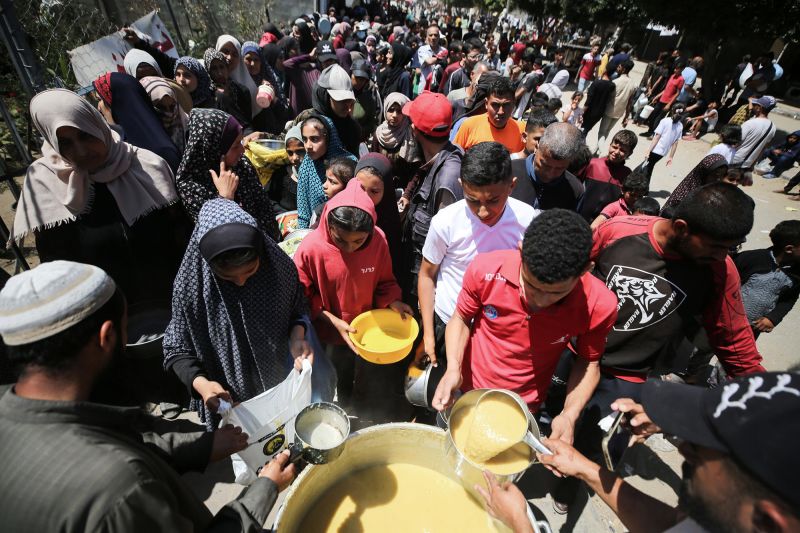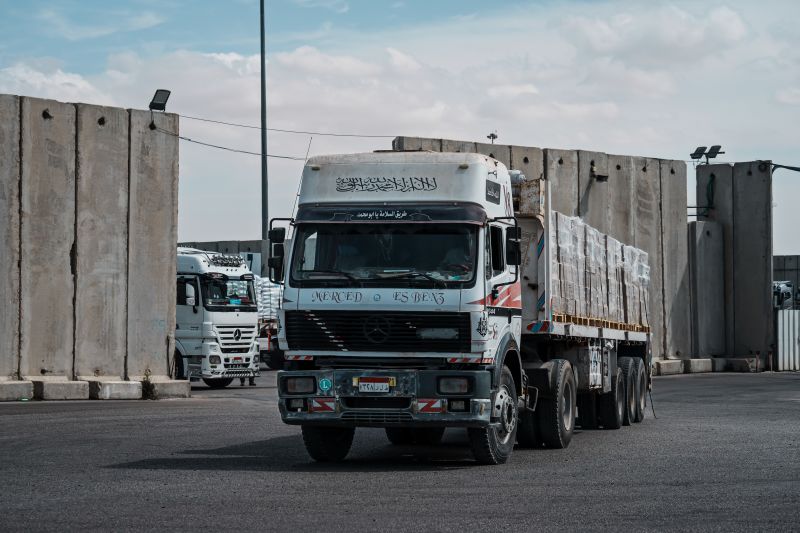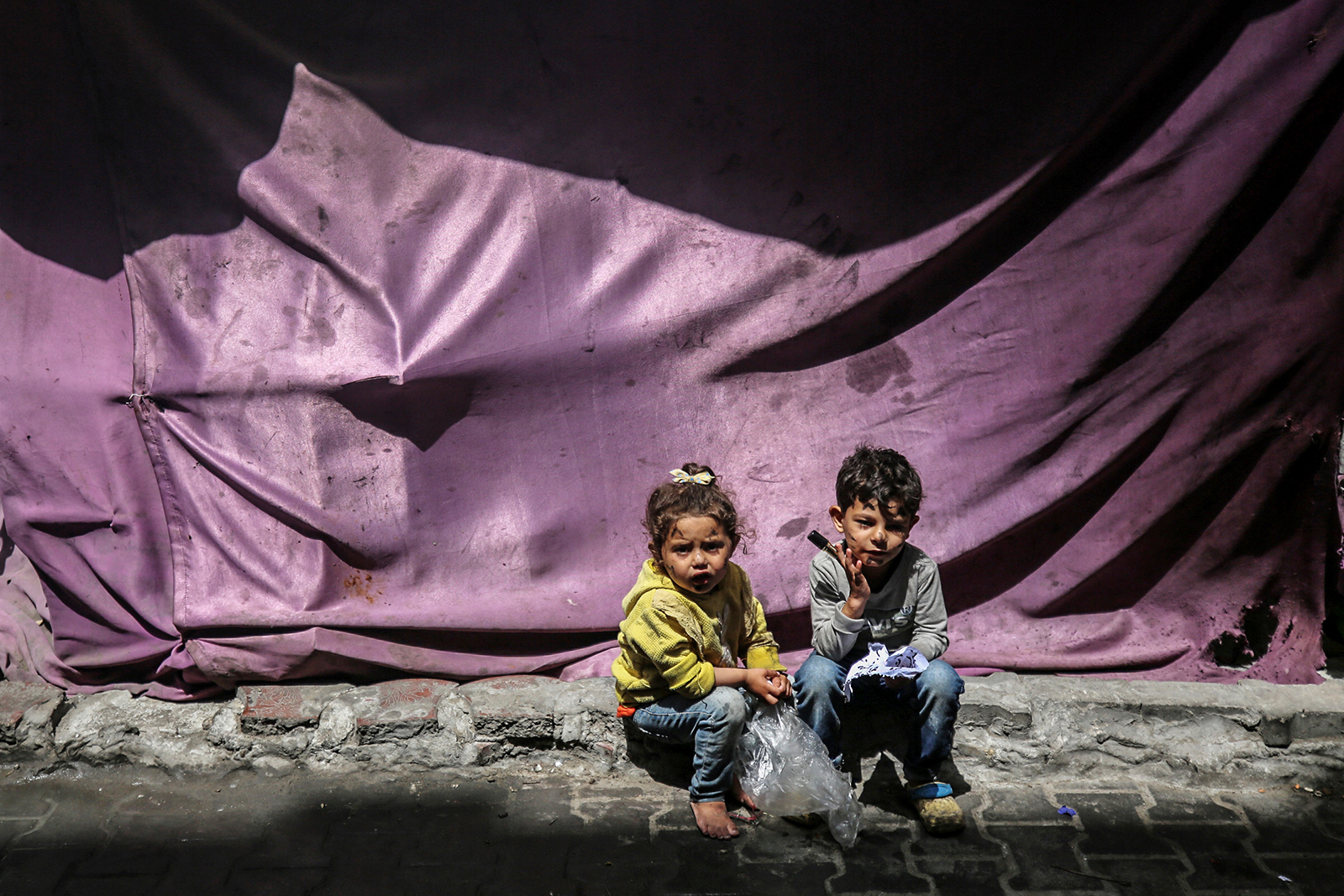
US military vessels are in the Mediterranean region and “standing by” and prepared to begin construction on the temporary pier off the coast of Gaza when given the order to do so, Pentagon spokesperson Maj. Gen. Pat Ryder said Tuesday.
He also said the United States was “positioned to begin construction very soon, in the near future.”
Officials are working through a checklist of processes and procedures, including security on the ground, coordination with partners supporting this effort and drawing up a timeline for implementation, Ryder said.
Ryder has said the expectation is for the temporary pier to be operational by the end of April or early May, and said Tuesday the military is on track to meet that timeline.
The World Food Programme will support the distribution of aid from the pier following weeks of diplomatic wrangling, the organization said Saturday.
The temporary pier, which will be several miles off Gaza's coast, will receive military and civilian vessels, Ryder said. The aid brought by those vessels will then be transported by US military vessels to the causeway, where non-military trucks — driven by non-profit organization personnel — will take the aid and then distribute it into Gaza.





